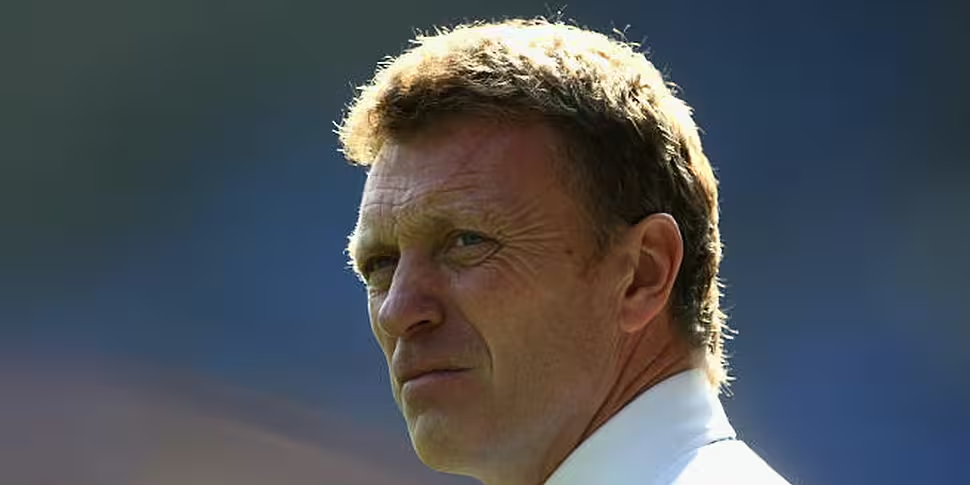He has experienced the Merseyside derby on countless occasions and had the chance to manage in the Manchester version twice last term.
But as David Moyes gets to grips with la vida española, the most intense match of his Real Sociedad reign so far arrives early doors.
After just five matches of his tenure in San Sebastian, he has the small matter of a Basque derby to prepare for, as Sociedad's Anoeta stadium hosts Athletic this Sunday night.
The rivarly between two of La Liga's most storied clubs is as layered and intense as you would expect.
Like Leitrim and Roscommon (admittedly that's a very cheeky comparison), the clubs represent the two neighbouring regions of Gipuzkoa (Sociedad) and Bizkaia (Athletic) which fuels part of the rivalry.
Athletic are definitely the most successful of the two, having never been relegated and also with eight La Liga titles and 24 Copas del Rey in their bulging trophy cabinet.

Fans of both clubs /Wikimedia Commons
Comparatively, Sociedad have two La Liga trophies and two Copas. They also spent a recent spell in the second tier Segunda Division. But the two sides are united by the fact that neither have won a major trophy since the 1980s when both were enjoying a simultaneous trophy-filled peak.
The issue of Basque identity once united both clubs, but now separates them. If you take a cursory glance at both squads, both Sociedad and Athletic have a strong core of Basque players. The major difference is Sociedad are supplemented by non-Basque players, whereas their Bilbao rivals have steadfastly stuck to a policy of recruiting players born, raised, trained or with roots in the wider Basque region (on both sides of the Spanish and French border).
Sociedad had a similar policy until former Ireland striker John Aldridge was signed in 1989 as the first non-Basque player in the San Sebastian club's history. When Moyes signed for the club, I spoke to the ex-Liverpool forward for Team 33 about the way in which he adapted on and off the field in the late-80s and early '90s:
Given the store Athletic place in maintaining a Basque-only identity (it is not as restrictive as it sounds), they aim to have as many elite Basque players as possible - something which has led them into conflict with Sociedad as they have targeted young players from their rivals.
One prominent example is that of former Spain winger Joseba Exteberria who started out in Sociedad's youth ranks. However, shortly after his debut at the age of 17, Athletic controversially signed him in 1998 for 550 million pesetas (€3M).
Eight years previously, Athletic acquired Sociedad stalwart Loren in the most expensive Spanish transfer of the time.
Some of those deals have left a bitter taste for Sociedad.
Of the current Athletic squad, the likes of Borja Viguera, Giazka Toquero, Mikel Balenziaga and Unai Lopez once played for Sociedad, although only the latter two went directly from La Real to Bilbao.
And just to add a little more spice to the match, Off The Ball's European football contributor Graham Hunter recently reminded us that Moyes could well have been in charge of Athletic if things had turned out differently.









